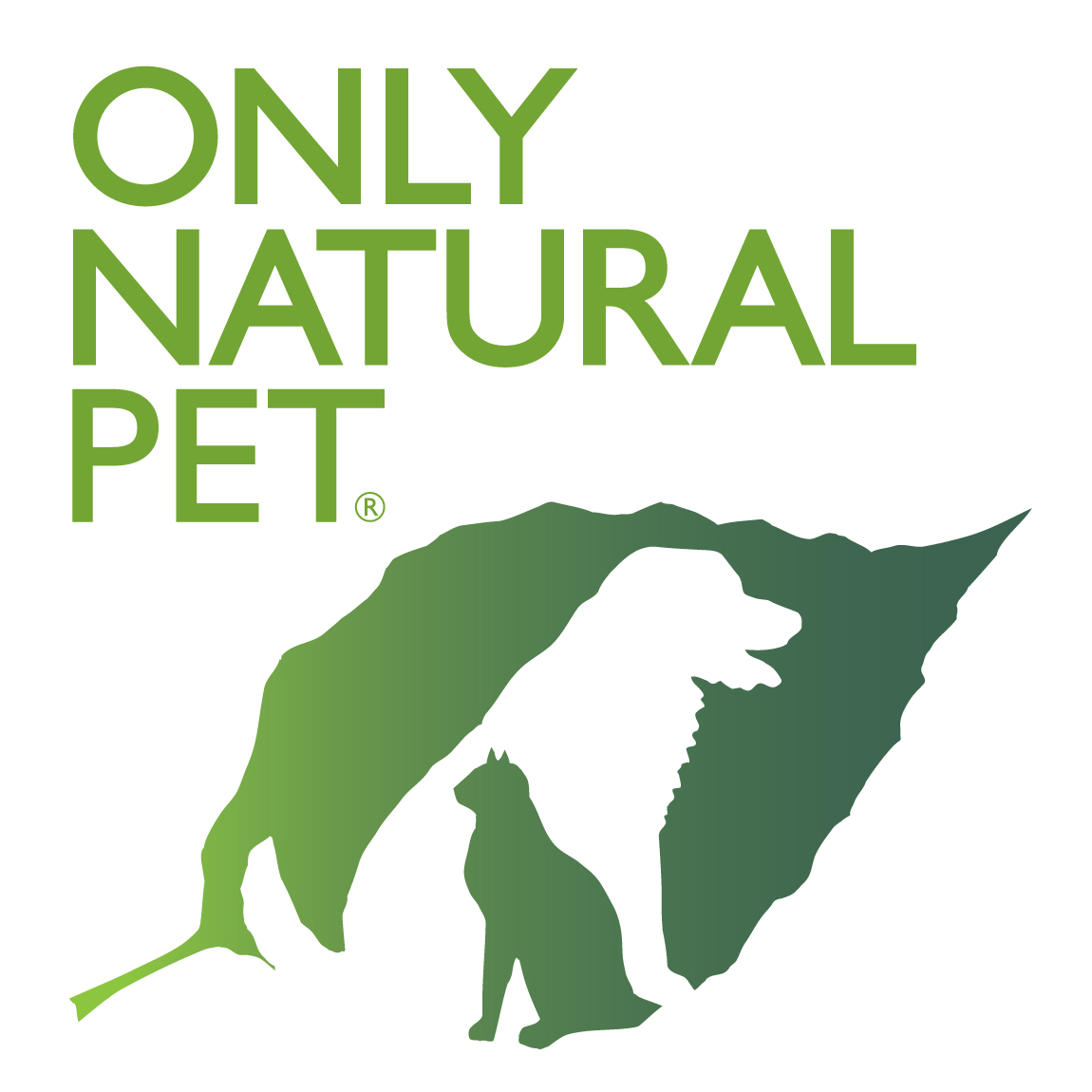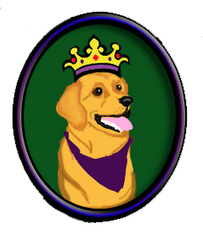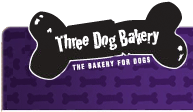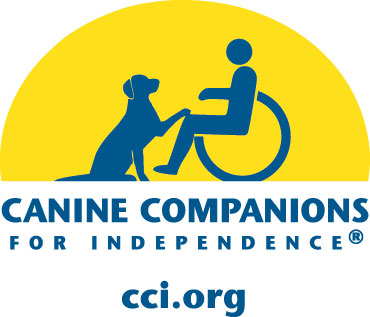BARF - The Dark Side

Last time we took a look at the BARF (Bones And Raw Food) diet, what it consists of, and what some say are the advantages of feeding this way. In this article, we will examine the "cons" of the BARF diet and look at the criticisms and problems that some believe it can create.
As an owner you may have heard a lot or arguments for or against feeding the diet in a raw, fresh, uncooked state. Many owners feel that feeding a raw diet is the only way to offer a truly healthy diet, and that cooking somehow destroys many of the nutrients in the diet. In this diet, the pet is fed raw bones, raw meat, raw vegetables, eggs, limited grains, and supplements.
Dog food experts loudly disagree on the risks and benefits of a dog raw food diet. Opponents of the BARF diet include the American Veterinary Medical Association, British Veterinary Association, and Canadian Veterinary Medical Association. These organizations point out that there is no scientific evidence to show that raw food is better for your pet than commercial pet food. Those who support commercial pet food say that it is generally healthy and safe and that it meets pets' nutritional needs.
Although feeding dogs and cats raw meat to mimic the food of their ancestors may make sense on the surface, BARF opponents point out that dogs are not wolves and cats are not lions. Furthermore, they note that these animals have been domesticated for hundreds, if not thousands, of years, during which time they have eaten what humans ate, which is cooked - not raw - food.
Let's take a look at some of the specific points and potential problems stated by the "anti-BARF" side.
(information taken from the SPCA website article on raw feeding)
Parasites and Bacteria
One of the biggest concerns about feeding dogs raw bones and meat is the risk of contamination (of both dog food and human food surfaces) with bacteria such as salmonella and E. coli. While raw meat may carry these kind of bacteria, they have also been found in commercial kibble and other foods, and a more wholesome diet may equip the body better to deal with the inevitable infections and parasites by boosting the immune system.
Bacteria and parasites may be picked up any number of other places – such as sniffing or licking other dogs at the park, or walking over ground where another animal has defecated and later licking paws clean. Every animal will be exposed to parasites in bacteria – but for the sake of minimizing risks, some owners prefer to avoid the raw meat BARF diet.
Some veterinarians claim there is an increased risk of seizures and other bacteria-related illness in dogs who are fed raw; other vets claim to have seen no BARF-related bacteria or parasitic infections and even recommend BARF
Many raw food proponents theorize that freezing meat will kill bacteria. Not so. Laboratories preserve bacteria and viruses by freezing them. Cooking meat is the best way to eliminate the potential for illness.Proponents also theorize that bacteria is destroyed by stomach acid. But Sharon Gwaltney-Brant, DVM, from the National Animal Poison Control Center, disagrees. "Pathogens such as salmonella, E. coli, clostridium and campylobacter have evolved 'coats' that protect them in their transit through the stomach, and this allows them to take hold in the intestines," she says. This could be the cause of the severe diarrhea some raw food people attribute to "detoxing."
Humans who feed their pets raw meat may come in contact with harmful parasites or bacteria such as salmonella. These can be contracted by handling the raw meat, your pet's food bowls, or even your pet itself, which could spread salmonella by licking their fur or you.
Bone Splinters
Eating whole bones can fracture teeth, poses a possible choking hazard, and could also cause internal tearing and bleeding.Fans of the BARF plan are insistent that raw bones do not splinter and are safe for dogs to chew and ingest. Raw bones are also said to be an ideal source of calcium, amino acids (protein), minerals, and other nutrients. Most pets eating raw bones do not die, develop impactions of the digestive tract, fracture teeth, or develop any other problems. Still some do, as most veterinarians will attest.
Julie Churchill, DVM, a specialist in nutrition, states, "Bones, even raw and ground bones, can perforate the gastrointestinal tract. This call lead to peritonitis, severe infections or emergency surgery, and dogs die from this each year." You also have to consider the damage to teeth by chewing on raw, meaty bones. A good many veterinary dentists are opposed to this practice.They say that they see pets with "sparkling white teeth with crown fractures and endodontic disease."
Nutritional Deficiencies: Research Against the BARF Raw Food Diet
Ensuring that a homemade raw diet is nutritionally balanced can be tricky. (On the other hand, traditional commercial pet food is required to meet nutrition requirements.) Each pet is different, and each pet has his own nutritional needs in times of health as well as times of illness.A recent study found some raw food diets unbalanced in vitamins and minerals. There is also some question regarding the bioavailability of essential vitamins and minerals.
Another study done in 2001 and published in the Journal of the American Veterinary Medical Association pointed out a number of problems with raw diets, including low phosphorus and potassium levels, calcium-to-phosphorus ratios of 0.15 and high concentrations of zinc--all of which are areas of concern with growing puppies.
After reading all the arguments against the BARF diet, it no longer sounds like the wonder, "cure-all" feeding method that proponents present. Where does all of that leave us?
Basically, it comes down to this. In the final analysis the choice will be left up to the owner. Do your research. Make yourself an "expert" on pet nutrition. Study all the arguments both for and against and weigh them for yourself. Make sure you have a clear understand not only of the purported benefits of the BARF diet, but all the risks and potential problems that can arise as well.
As I usually tell people, the most important thing is to educated yourselves. If you choose to try a raw diet, find a good holistic vet who can help you make sure that is balanced and healthy.
My own personal opinion is that I am not comfortable with this diet. I continue to feed my guys a high-end premium kibble, supplemented with dehydrated raw food mixes and my own homemade---cooked---stew. My pups are healthy and happy and I have never had the first problem with feeding the way I do.
Again, this is only my opinion. Study and decide for yourself.
Print Page









































No comments:
Post a Comment